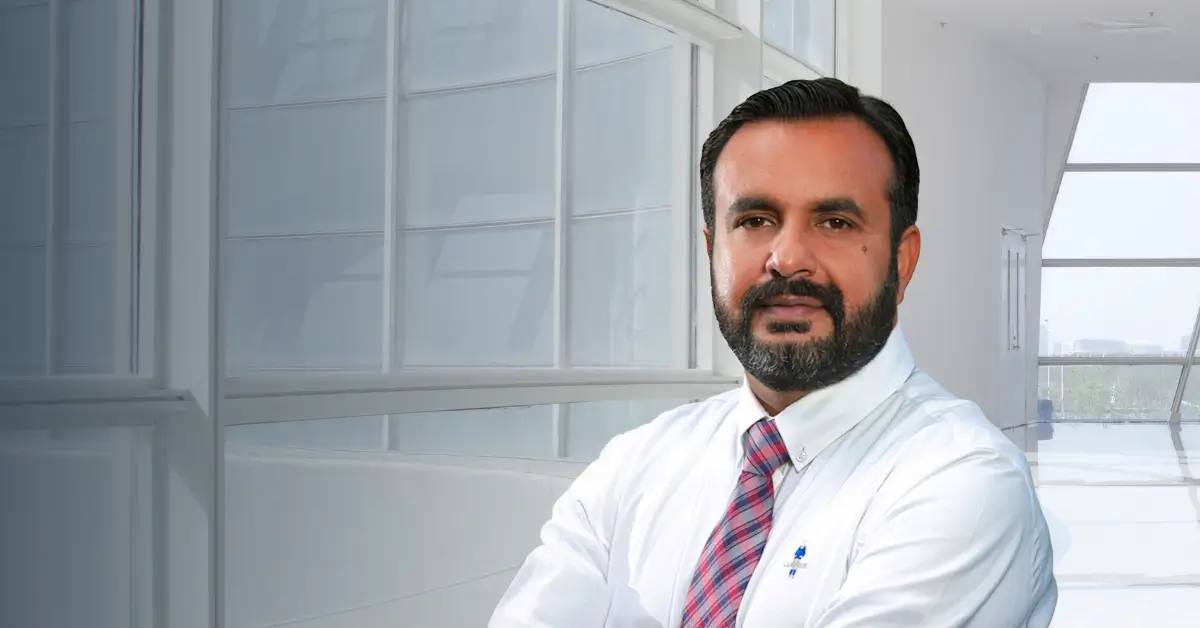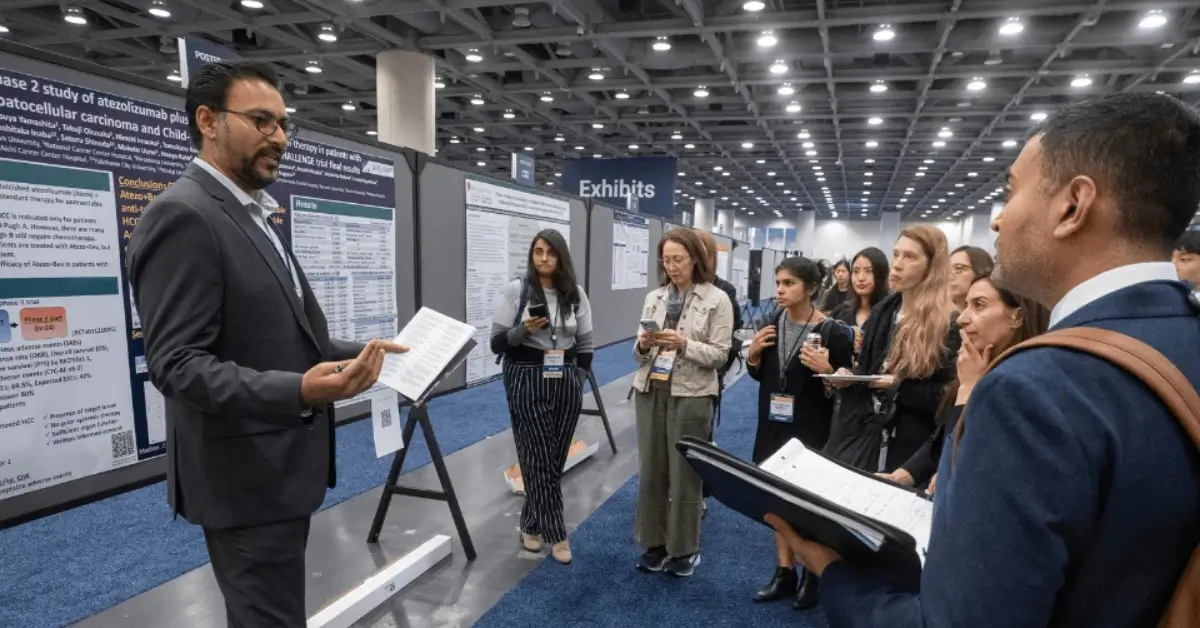Targeted Therapy May Yield Benefits for Patients at Earlier Stages of Ovarian Cancer

Targeted Therapy May Yield Benefits for Patients at Earlier Stages of Ovarian Cancer
Bradley Monk, MD, medical director of late-phase clinical research at Florida Cancer Specialists & Research Institute, continues to drive the discovery of innovative new therapies for treating gynecologic cancers. Dr. Monk, who was the first in the world to report on the activity and safety of bevacizumab twenty years ago, is now first author of a newly-published abstract that examines the role of bevacizumab in lower-risk patients with advanced ovarian cancer.
Ovarian cancer ranks as the eighth leading cause of cancer death among women worldwide. Most cases are diagnosed at an advanced stage, and although initial treatment is often effective, the disease has a high relapse rate and poor five-year survival.
Bevacizumab was the first targeted therapy developed for newly-diagnosed and recurrent advanced ovarian cancer. An immunotherapy administered intravenously, bevacizumab prevents the formation of blood vessels that play a key role in fueling the growth and spread of tumors. Although approved for several years, use has commonly been restricted to higher-risk patients and, according to the authors, “identifying patients who may benefit most from this treatment is still debated.”
The abstract, “Optimal Bevacizumab Treatment Strategy in Advanced Ovarian Cancer,” published in Cancer Treatment Reviews, spans data from several mature clinical studies conducted worldwide to evaluate the efficacy and safety of bevacizumab in first-line, maintenance and recurrent settings, and discusses the clinical implications of its use across populations and lines of therapy.
The authors conclude that “… clinically meaningful benefits can be derived from combining bevacizumab with Olaparib as maintenance therapy in patients with HRD-positive tumors regardless of clinical risk, with more pronounced benefit seen in lower-risk patients. Hence, bevacizumab should be considered for both lower- and higher-risk patients.”
They further note that additional results from ongoing trials will help to refine and personalize treatment with bevacizumab.
Dr. Monk said, “Thanks to ongoing clinical trial research, including the robust late-stage studies being conducted with FCS participation, we are able to continually reassess the effectiveness of novel therapies to benefit more patients.”
A board-certified gynecologic oncologist, Dr. Monk leads initiatives to expand and deploy late-phase trials across the statewide FCS practice. Clinical trials occur in four specific phases to determine the risks, safety and effectiveness of new therapies compared to the current standard therapy. Late-phase trials monitor and evaluate the effectiveness of new drugs and therapies that are transforming cancer treatment worldwide.
View the Full Abstract: https://www.sciencedirect.com/science/article/pii/S0305737225000672
As a principal investigator, Dr. Monk has been involved in numerous groundbreaking studies throughout his career that are advancing treatment regiments and influencing the standard of cancer care. He has presented his findings at hundreds of national and international forums and authored more than 400 peer-reviewed articles and more than 35 book chapters focused on the prevention and treatment of gynecologic malignancies and patient reported outcomes. Dr. Monk is a past recipient of the esteemed Ernst Wertheim Award for his research in cervical cancer.





Comments